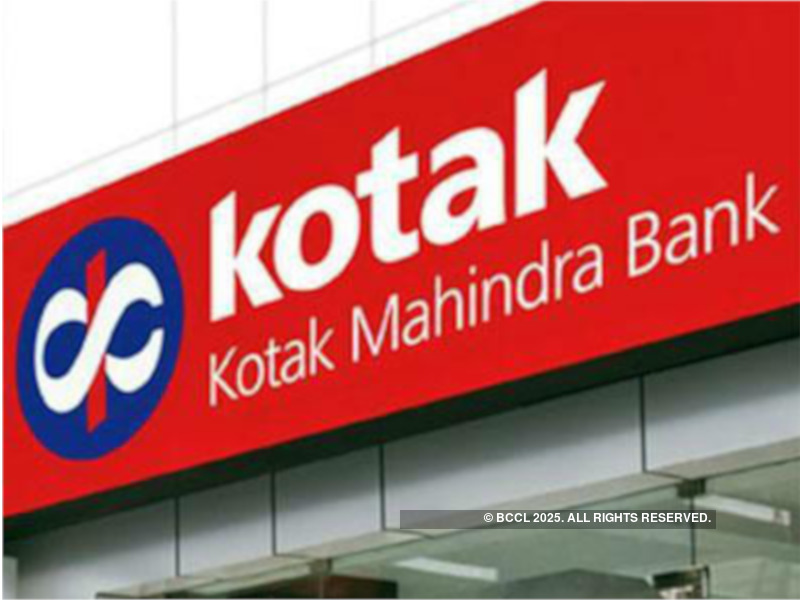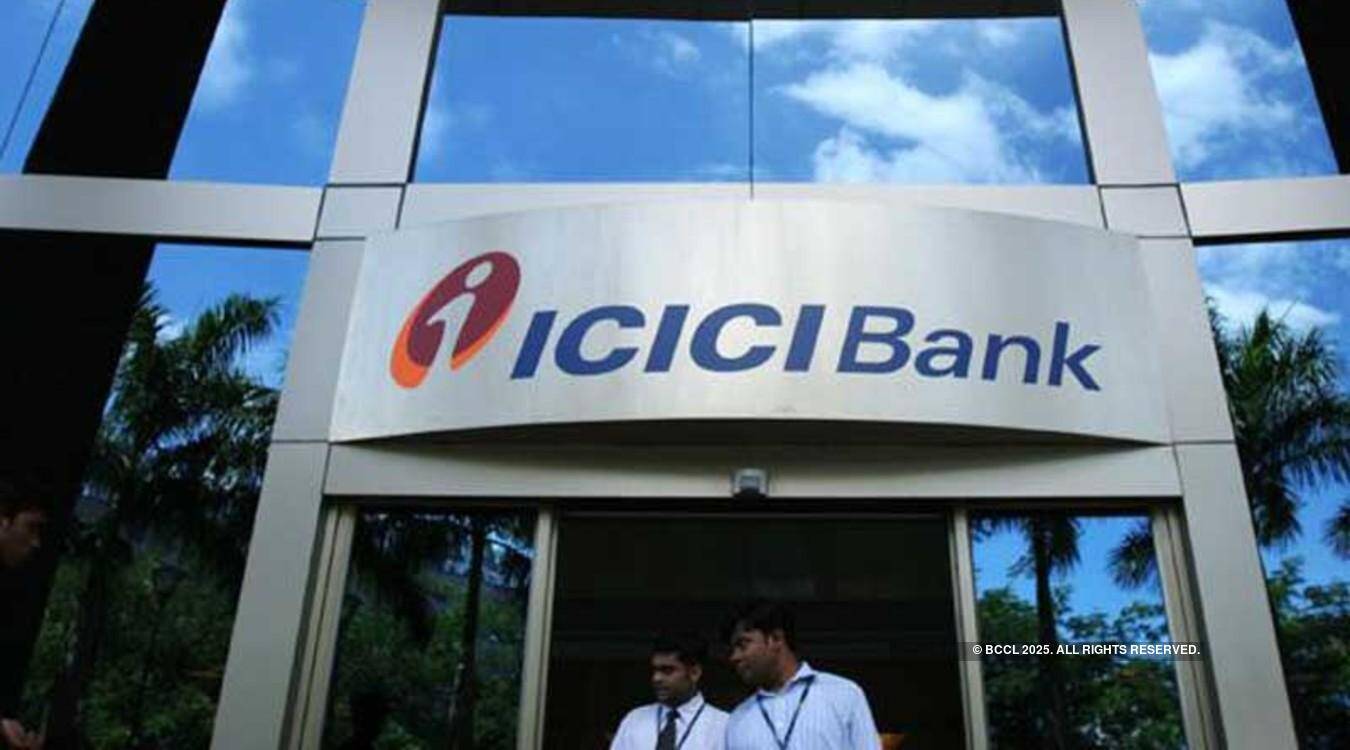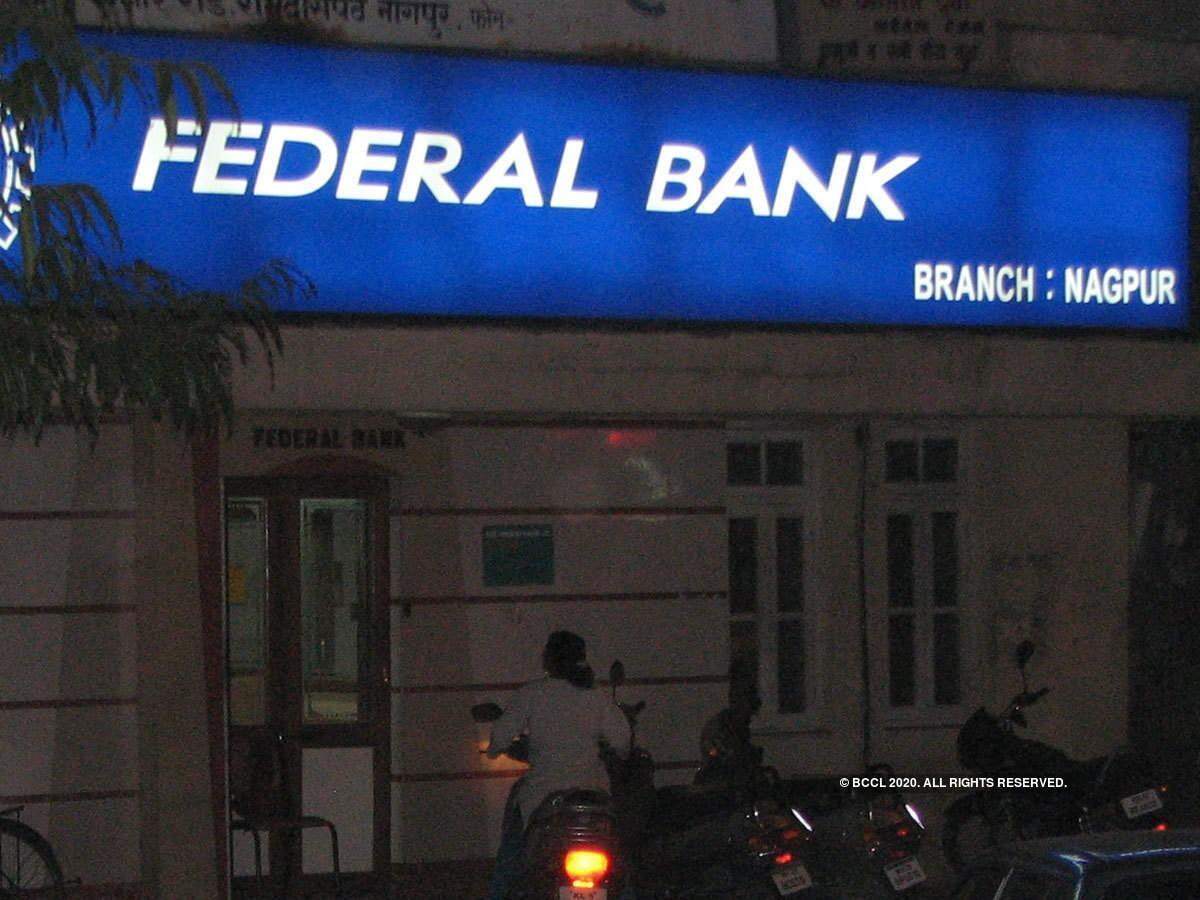Private banks have posted first-quarter results that are in line with analyst expectations, less deterioration in
asset quality, though they are seeing stress in
retail and gold loans.
Axis Bank
Axis Bank’s net profit almost doubled to Rs 21.6b in 1QFY22, with a PPOP of Rs 6420 crore, up 10% YoY. Net interest income grew 11% YoY, while margin fell 10bp QoQ to 3.46% due to interest reversals on slippages, higher liquidity, and change in product mix.
The bank has delivered an in-line performance, even as slippages stood elevated, resulting in a slight deterioration in asset quality. On the business front, loan growth remains flat due to a muted business environment, while margin witnessed a sequential decline. On asset quality, total restructuring stood controlled at 0.44% of loans (including approved, but not implemented). Though slippages could remain elevated in the near term, healthy provision coverage ratio of 70%, coupled with additional provisions buffer of 2%, would likely protect the Balance Sheet against any potential stress.
Kotak Mahindra Bank
Kotak Mahindra Bank reported an in-line core operating performance in a challenging environment, despite muted loan growth across most segments.

Asset quality deteriorated slightly led by the secured Retail segment. Standalone PAT grew 32% but consolidated PAT declined by 3% YoY on account of weaker performance from subsidiaries, mainly Kotak Life and Kotak Prime.
Loan book fell 3% QoQ (up 6.6% YoY) to Rs 2.2 lakh crore, led by a decline across most segments. On the liability front, CASA growth remains steady, driving CASA mix to 60.2% (highest in the industry).
On the asset quality front, slippages stood elevated at Rs 1500 crore (annualized 2.8% of loans) mainly from Tractors, CV/CE, and the Small Commercial segment. GNPA/NNPA ratio rose by 31bp/7bp QoQ to 3.56%/1.28%. The bank carries COVID-related provisions of Rs 1280 crore (0.6% of advances), which remains unchanged.
The bank continues to report steady progress in building a strong liability franchise, with a CASA ratio of an estimated 60% (highest in the industry). Asset quality was affected due to the second Covid wave, which hampered collections, thus driving elevated slippages. The restructured book remains under control ~0.25% of loans. The bank carries Covid-related provisions of Rs 1,280 crore (0.6% of advances).
ICICI Bank
ICICI Bank reported strong earnings performance, led by robust core PPOP, aided by healthy NII growth (5bp NIM expansion). Also, lower provisions drove the earnings. The bank is thus progressing well towards earnings normalization.
Fresh slippages stood elevated at Rs 7,230 crore (annualized 4% of loans), predominantly from the retail/business banking portfolio. However, this was partially compensated by higher recoveries and upgrades. The GNPA/NNPA ratio grew by 19bp/2bp QoQ to 5.15%/1.16%. PCR remains stable at 78.4%, the highest in the industry. Restructured loans stood controlled at 0.7% of loans versus 0.5% in FY21.
ICICI Bank holds Covid related provisions of Rs 6,425 crore (0.9% of loans), despite utilizing provisions of Rs 1050 crore in 1QFY22. It guided at improved asset quality trends mainly from 2HFY22.

The steady mix of the high yielding portfolios such as retail/business banking portfolio, deployment of excess liquidity, and low-cost liability franchise is aiding margin expansion. Covid has disrupted collections, leading to elevated slippages in the retail/business banking portfolio. However, the management is confident of improved asset quality trends over FY22, mainly from 2H onwards. Restructured loans remain under control at 0.7% of loans. Provision coverage remains best in the industry and additional Covid provision buffer (0.9% of loans) provides comfort on normalization in credit cost. We expect RoA/RoE to improve to 1.8%/15.3% for FY23E.
Federal Bank
FB reported a net profit of Rs 370 crore in 1QFY22, led by strong other income (recovery from a written-off account and treasury gains of INR2.6b). It prudently deployed these gains towards provisions, which stood elevated at INR6.4b (63% YoY increase), to further strengthen its Balance Sheet.
The bank posted a moderation in business growth, with loans across most segments declining sequentially. Deposit growth was muted, while the CASA ratio touched ~35% (record high levels). The share of Retail deposits rose to 93% of total deposits. Around 60% of Retail slippages came from the Home loan portfolio, with the rest mainly from the LAP segment.FB expects slippages in FY22 to remain at a similar trajectory as the last two years.

Its restructured book is fully secured. The bank expects LGDs to remain low. Most of its Retail restructured book constitutes Home loans, LAP, etc. Collections efficiency in this portfolio stands at 95%, which is in line with its other portfolio.
FB reported a slight moderation in business growth owing to a challenging environment and lockdowns across several states. However, the bank’s liability franchise remains strong, with Retail deposit mix ~93% and CASA ratio at a record high of 35%. On the asset quality front, slippages stood elevated from the Retail/Agri/SME segments as the second Covid wave has severely affected the Self-employed segment and impacted the rural economy as well. The bank prudently utilised higher treasury gains/one-off recovery from written-off accounts towards provisions to further strengthen its Balance Sheet and stabilise PCR.


